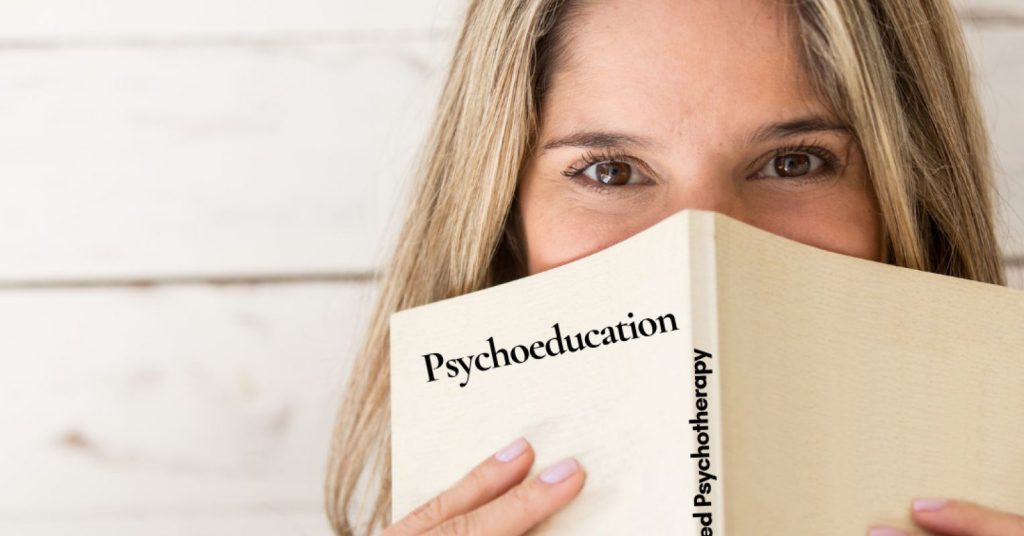
Picture yourself strolling through the vibrant landscapes of psychedelics Sandy Springs. Now, imagine the shifting scenery as a metaphor for your mind. Psychiatrists use a unique technique called psychoeducation to navigate these intricate mental landscapes. Psychoeducation is no magic trick – it’s a potent remedy rooted in understanding and empathy. It’s about tossing a lifeline to those lost in the labyrinth of their thoughts, helping them decode the complexities of their minds. This blog will unwrap the mystery of psychoeducation and shed light on its pivotal role in mental health treatment.
Understanding Psychoeducation
Imagine a dense fog clouding your vision. That’s what living with a psychiatric disorder often feels like. Psychoeducation acts like a beacon of light, shattering the fog and illuminating the path. It helps patients understand their disorders, treatments, and methods of coping. It’s not about dictating solutions. It’s about empowering patients with knowledge.
The Origin of Psychoeducation
Psychoeducation didn’t just spring up overnight. It has roots dating back to the 1970s when it was used as a tool to educate families about schizophrenia. Its purpose? To reduce relapses by fostering understanding and empathy. Like a ripple in a pond, its applications spread, and today it is used for a range of disorders including depression, anxiety, and bipolar disorder.
The Core Components of Psychoeducation
Psychoeducation may seem complex, but it boils down to three key components:
- Information: The psychiatrist provides detailed information about the disorder, its symptoms, and possible triggers.
- Coping Strategies: The patient learns different techniques to manage their symptoms and reduce the impact of the disorder on their daily life.
- Support: The patient understands they are not alone. They are part of a supportive community that extends beyond the psychiatrist’s office.
The Impact of Psychoeducation
Psychoeducation is not a cure-all. It’s a tool. But let’s not underestimate the power of a tool in skilled hands. Empowered with understanding, patients can gain control over their disorders instead of feeling helpless. They become active participants in their treatment, which can lead to improved outcomes and a better quality of life.
The Future of Psychoeducation
Psychoeducation is not static. It evolves with changing psychiatric practices and patient needs. As we learn more about the human mind and its disorders, new information will continue to be incorporated into psychoeducation practices. It’s a journey of continuous learning and growth, much like navigating the fascinating landscapes of psychedelics.